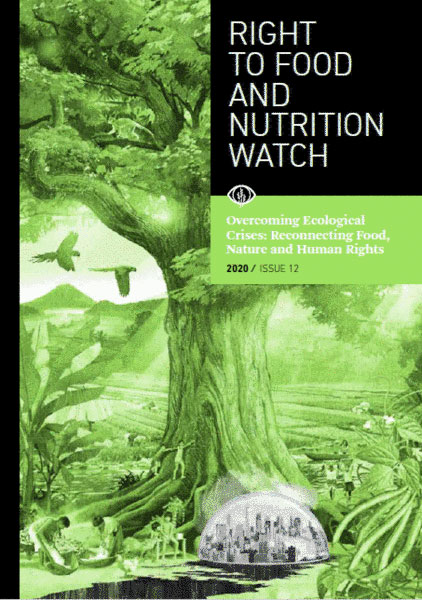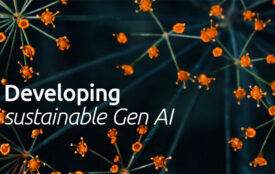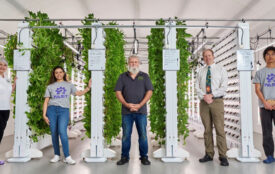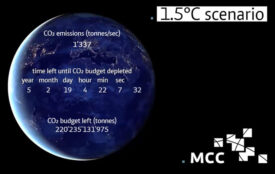Food at the center of the response to ecological crises
Changing the dominant food system is indispensable to reset our relationship with nature and overcome today’s ecological crises, argues this year’s Right to Food and Nutrition Watch, released today.
Past and current policies have treated humans and the rest of nature as two separate and independent spheres. This artificial separation has led to domination and exploitation of the natural world by humans with dire environmental and social consequences. Within this framework, corporations and finance capitalism are driving the destruction of ecosystems, greenhouse gas emissions and the expulsion of communities from their lands. Tackling the ecological crises, the 2020 edition states, requires us therefore to reconnect nature and human rights. And food, where our connection with the rest of the living world is most evident, is the perfect starting point for doing so.
The global economic and political system transforms natural goods into tradeable commodities and exploits human labor. This illustrates the close link between the way societies exploit humans and nature, but also how much the environmental and social justice movements must work together to find alternative pathways. This year’s Watch, ‘Overcoming Ecological Crises: Reconnecting Food, Nature and Human Rights’ is a rallying call to collectively resist the exploitation of nature and to overhaul how we produce, distribute and eat food – if we are to regain control and radically transform our societies.
The 2020 issue illustrates how the profound social, political and ecological crises boil down to the same systemic patterns. Articles cover a range of issues from the role of industrial agriculture as a trigger of diseases like COVID-19, to how central land is to our responses to eco-destruction and climate change. The Watch also features an interview with activists and their views on veganism as one of today’s prominent currents to fight climate change.
Among its highlights:

- The separation of human societies from the rest of nature is reflected in a largely disconnected development between international human rights law on the one hand, and environmental law on the other.
- The COVID-19 pandemic sheds light on the problems of the industrial food system, which has driven biodiversity loss and created perfect conditions for the emergence of new pathogens and their transmission from animals to humans.
- Land and control over natural resources are central to mitigating climate change impacts, reducing emissions, protecting ecosystems and ensuring social justice.
- Agroecology and recent developments in international law provide entry points for real solutions to the ecological crises, which build on the practices and innovations of local communities.
- Convergence among social movements is strengthening bottom-up proposals for systemic change to tackle interrelated crises.
- Veganism is a growing ethical and political movement incentivized by environmental reasons, but that cannot be considered as a “one size fits all solution” to tackle climate change, given the different socio-economic and cultural contexts








